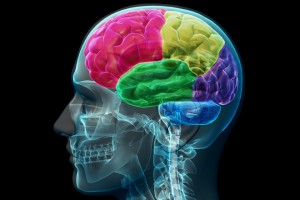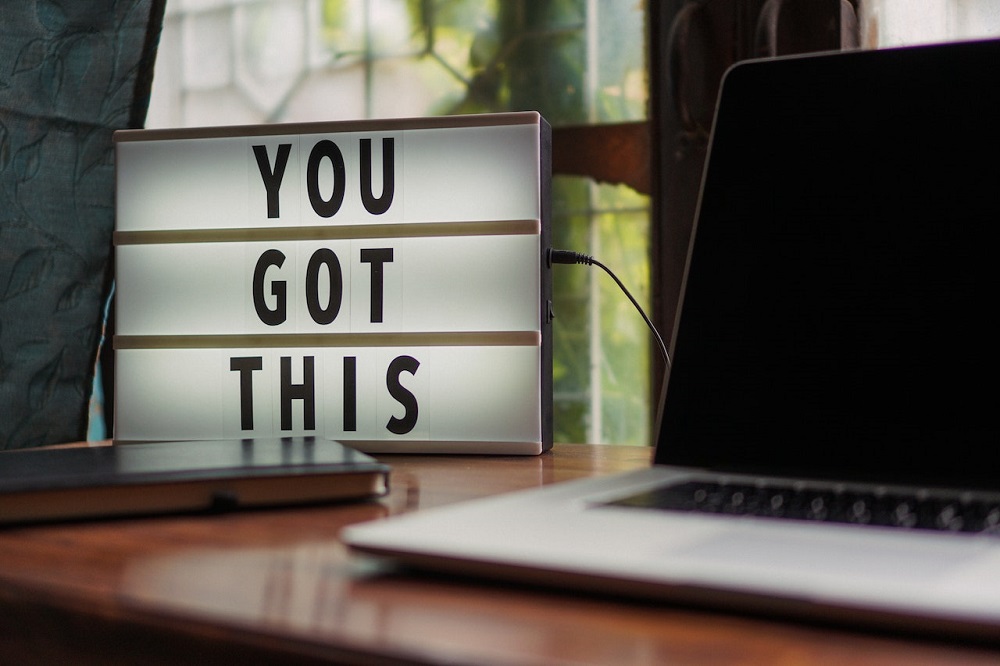Sleeping can affect the way you think, how you act, and how you perform physically. The easiest way to increase your vitality, happiness, and success is to sleep more. It not only improves cognitive functioning, it also increases our physical capabilities.
What happens with sleep deprivation?

When you do not get enough sleep, your prefrontal cortex (responsible for problem solving and alertness) decreases in performance. This area of the brain is in charge of processing working memory (what you need in order to eventually retain information in the long term) and proper mental functioning on simple and complex tasks.
Long-term memory is affected when you do not get enough hours of sleep that night. For example, every night you should get adequate sleep, in contrast to catching up on sleep on the weekends. Even if you sleep in on the weekends, for the complete process of new information — which is composed of short-term memories (also known as working memory) to be moved to long-term memory — it needs to be done within 24 hours.
Sleep on athletic performance
Sleep also plays a huge role in athletic performance. If you are not getting enough sleep, you may not be performing at your best. The top athletes even admit to their sleeping rituals and how these play a huge role in their training. For example, noted on the National Sleep Foundation’s article, “Sleep, Athletic Performance, and Recovery,” Serena Williams enjoys going to bed at 7:00 p.m. Athletes in training typically need more sleep than the average person. But what if you got that extra hour? The most important part of sleep is nonrapid eye movement (NREM), which is crucial for cognitive functioning. If you do not know how many hours of sleep you should be receiving, see my article, “How Many Hours of Sleep Do You Need to Study Effectively?” to find out more information on people’s sleep patterns.
What are your sleeping habits?
I usually try to be in bed by 10:00 p.m., and I wake up between 6:30 and 7:00 a.m. That’s about 8 hours of sleep. Everyone’s sleeping patterns can be different, and it is important to learn how to listen to your body. If you are waking up exhausted every day and depending on coffee to just get you out of bed, you may need to go to sleep earlier.



